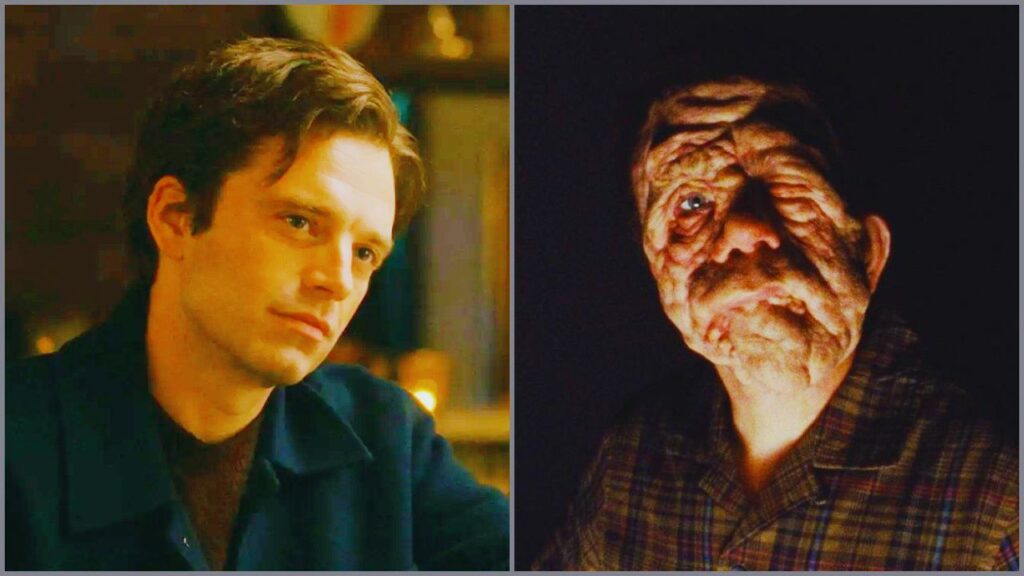Perfect Days – A Film Review
Introduction
In the realm of cinema, Wim Wenders, the peripatetic German-born director, brings forth a contemplative masterpiece with “Perfect Days.” Released in 2024, this film takes a serene dive into the orderly, ascetic life of an older Tokyo resident working in sanitation. Let’s unravel the layers of meaning and poetry woven into this cinematic tapestry.
Table of Contents
Hirayama’s Tranquil Routine
The protagonist, played by the venerable Koji Yakusho, navigates the fashionable Shibuya district of Tokyo, cleaning high-end public toilets. Wenders captures the beauty of Hirayama’s world, from designer toilets in parks to a quiet bar where he forms a halting affinity with the proprietor. Hirayama’s penchant for meaningful solitude resonates, portrayed through his morning routine, curated cassette collection, and moments of quiet reflection.
A Musical Journey
Music becomes a companion to Hirayama’s solitude, with tunes like “The House of the Rising Sun” and “Sunny Afternoon” setting the rhythm of his life. Wenders skillfully integrates music into the narrative, creating a harmonious backdrop that accentuates the beauty of ordinary moments.
Acceptance vs. Complacency
Critics have debated the film’s squeaky-clean portrayal of a sanitation worker’s life, with some finding it evasive. However, the movie invites viewers to ponder the distinction between acceptance and complacency. Hirayama’s patience with colleagues and his serene approach to life raise questions about the deeper meaning behind his choices.
Unveiling Mysteries
As the plot unfolds, familial unease and hints of a former life surface when Hirayama’s niece, Niko, enters the scene. The film subtly explores themes of redemption and living amends, leaving audiences to question what Hirayama might be running from. Wenders masterfully integrates mysteries that add complexity to the serene narrative.
Wisdom and Poetry
In the tradition of classic cinema, “Perfect Days” echoes Peter Bogdanovich’s sentiments about “The Man Who Shot Liberty Valance.” The film possesses the wisdom and poetic perceptions of an artist nearing the end of his career. Wenders, through Hirayama, delves into the depths of serenity and acceptance, crafting a cinematic experience that lingers.
Perfect Days trailer
Frequently Asked Questions
Q: Is “Perfect Days” solely focused on the life of a sanitation worker?
A: While the film revolves around Hirayama’s life, it delves into broader themes of solitude, acceptance, and the mysteries that shape our existence.
Q: What role does music play in the film?
A: Music serves as a companion to the protagonist, reflecting the rhythm of his life and enhancing the beauty of everyday moments.
Q: How does the film balance acceptance and complacency?
A: The film prompts viewers to contemplate the fine line between accepting one’s circumstances and settling into complacency, inviting nuanced interpretations.
Conclusion
“Perfect Days” stands as a testament to Wim Wenders’ mastery in crafting a cinematic experience that transcends the mundane. Through the lens of a sanitation worker’s life, the film explores profound themes of serenity, acceptance, and the mysteries that define our journey.
Also Read: Our Little Secret Everything you need to Know About Lindsay Lohan’s Movie






Pingback: Mean Girls Movie Review (2024) - 4thjulyindependenceday